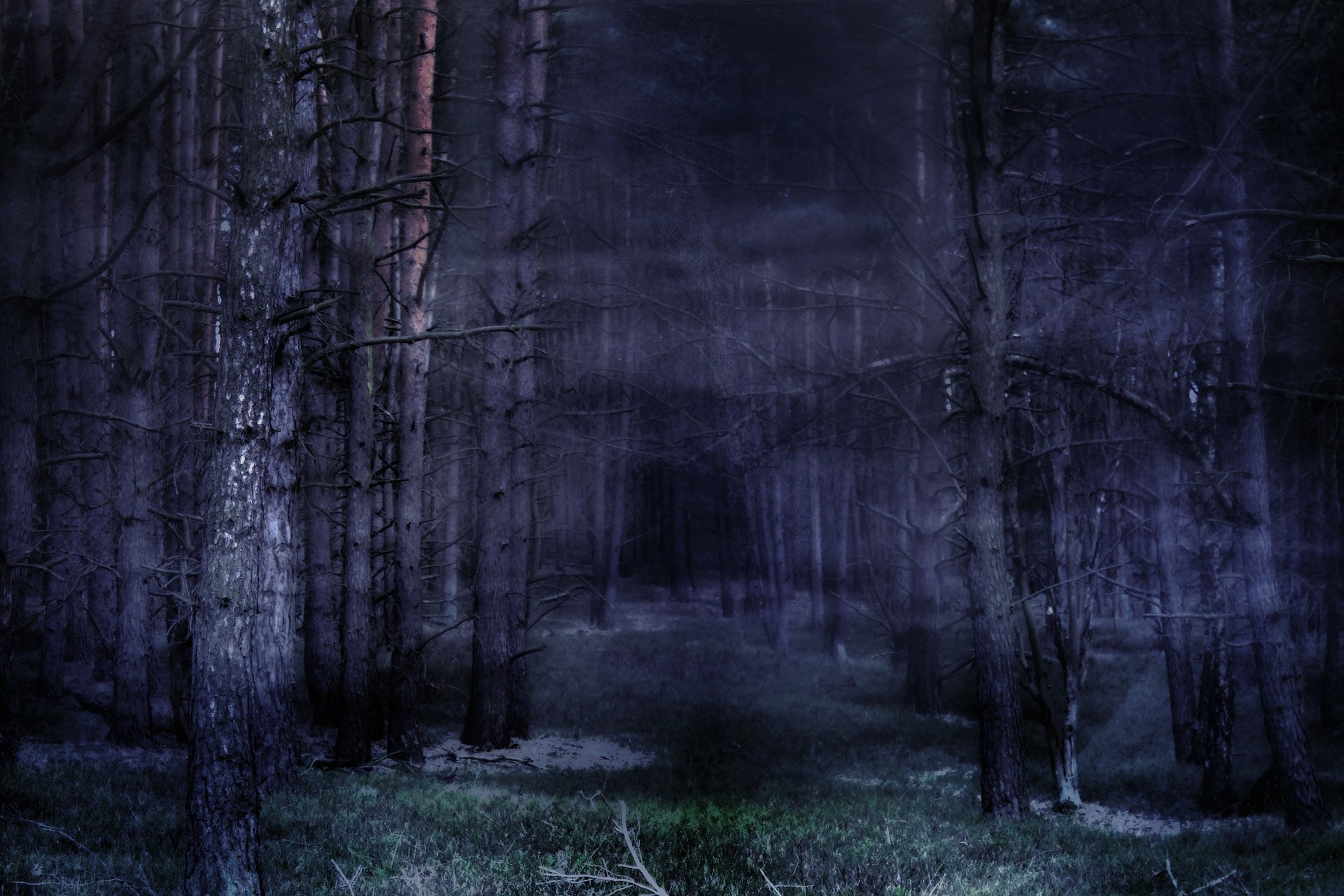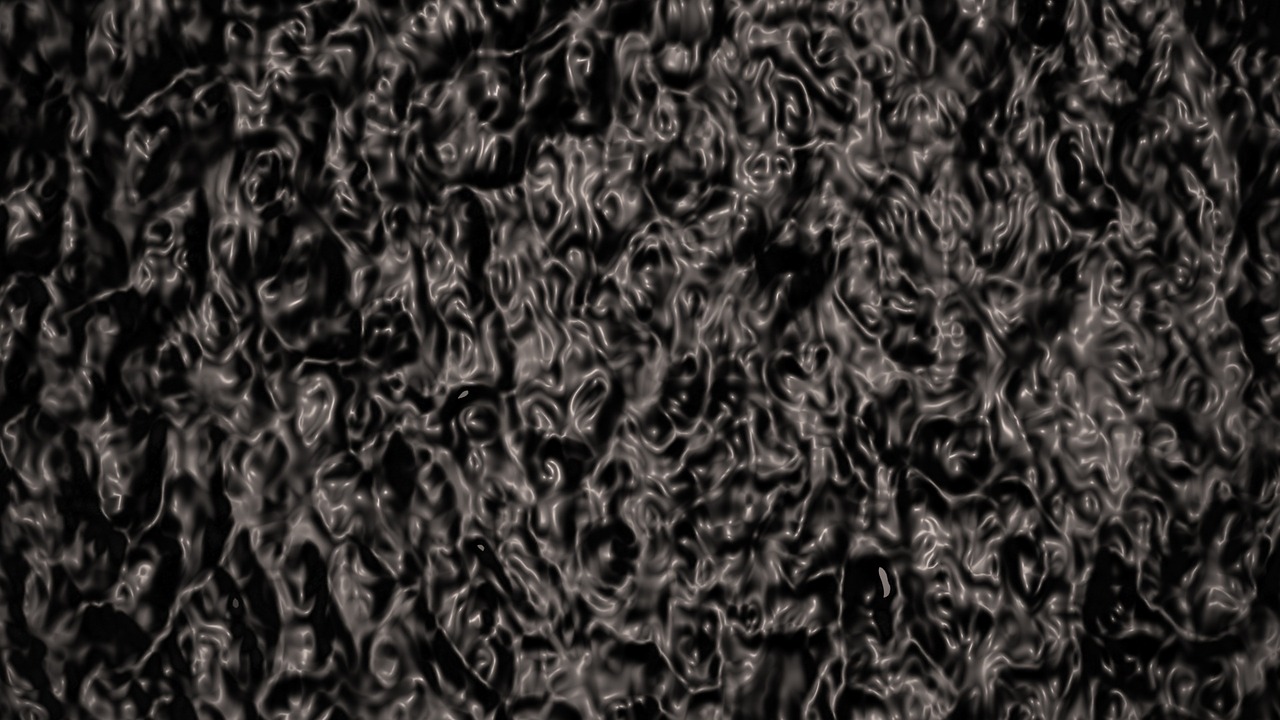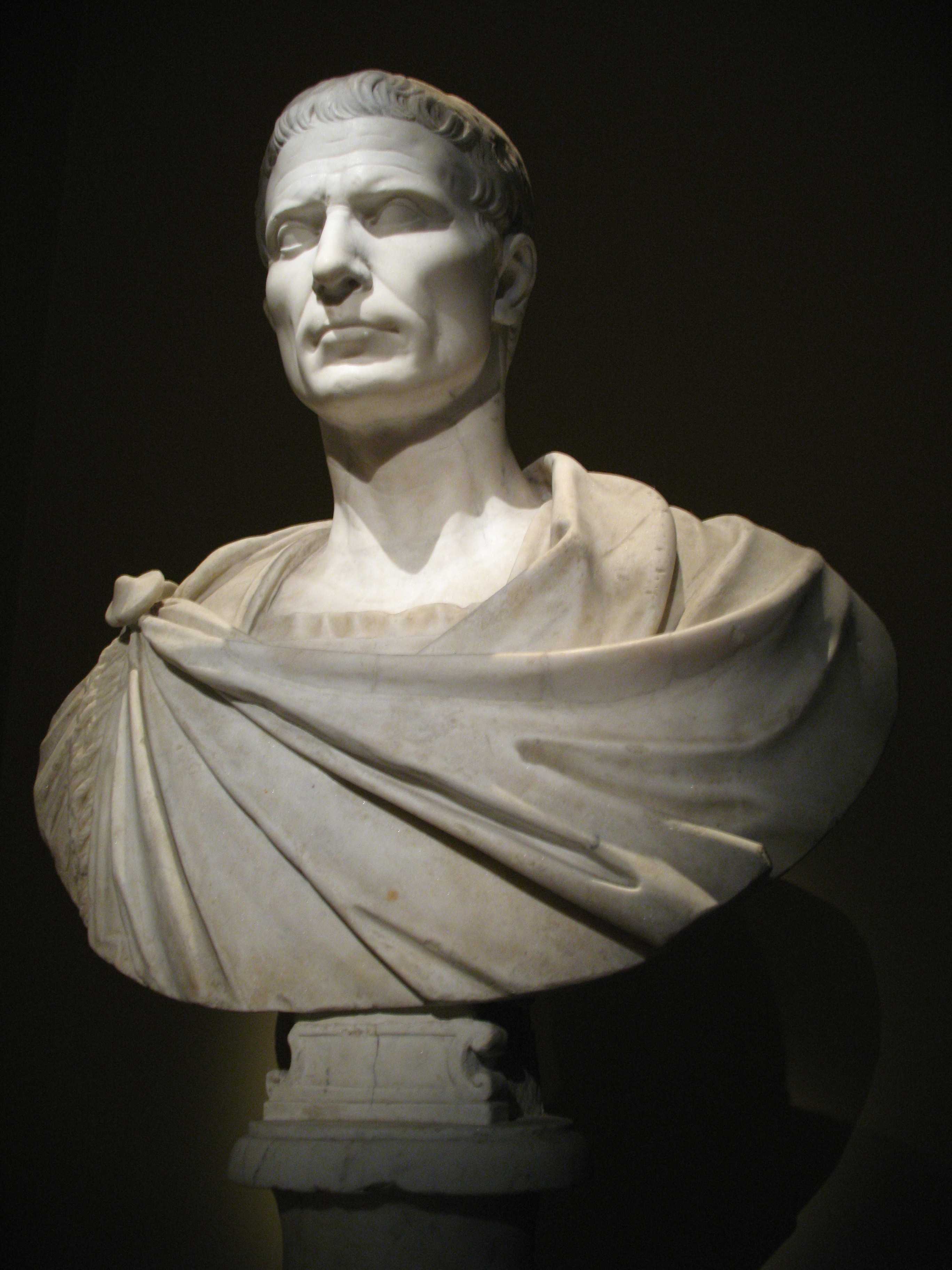A Very Expensive Poison
Old Vic Theatre, 9th September 2019
Lucy Prebble wrote The Effect, ENRON and The Sugar Syndrome all of which were rightly lauded. She is currently one of the writers on Succession the best thing on the telly in this, or any other, year. And Guardian journalist Luke Harding writes vital books about the modern state, two of which have already been made into films. So this adaptation of his book A Very Expensive Poison: The Definitive Story of the Murder of Litvinenko and Russia’s War with the West was always going to be A BIG THING. And so it proved. The Old Vic is always a good place to spy luvvie types on their nights off and the evening we (the SO and the Blonde Bombshells) went was no exception. I won’t say who the Tourist fawned over this time. Just that it was almost as great a pleasure as the play itself.
Now this being Lucy Prebble we were never going to get a straightforward narrative. Even so the sheer invention on/in show was breathtaking. First though a quick reminder of the story. Alexander Litvinenko was an officer of the Russian FSB secret police who specialised in investigating the links between the state and organised crime. In 1998 he and other officers publicly accused their superiors of ordering the assassination of oligarch, and thorn in Putin’s side, Boris Berezovsky. He was acquitted but re-arrested, and when the charges were again dismissed, he fled to London with his family, where he was granted asylum, wrote articles and books accusing the FSB and others of terrorist acts and worked with British intelligence. In November 2006 he suddenly fell ill and was hospitalised. It transpired that he had been poisoned by a lethal radioactive dose of polonium-210. The subsequent British investigation pinned the blame on Andrey Lugovoy a former member of Russia’s Federal Protection Service but he could not be extradited. Litvinenko’s widow Marina, together with biologist Alexander Goldfarb, tirelessly sought justice for her husband and a coroner’s inquiry was set up in 2011. This was eventually, after much foot dragging by the Home Office, (yep one T May was in charge), followed up with a public enquiry which in 2016 conclusively ruled that his murder was sponsored by the FSB and likely conducted with the direct approval of FSB director Nikolai Patrushev and Putin himself.
Not difficult to understand why Luke Harding would want to document this extraordinary story or why Lucy Prebble could see its dramatic potential. The action centres on the indefatigable Marina (MyAnna Buring) and, in a series of slickly staged flash-backs, forwards and sideways, jumping across genres, tackles the who, how and why of the crime. I would be a liar if I can remember all the striking scenes but let’s try a few. The song and dance routine in a quasi brothel led by Peter Polycarpou’s Berezovsky. Amanda Hadingue as Professor Dombey giving a rapid fire 101 lecture on the history of radiation complete with puppets, Tom Brooke’s oddball Alexander Litvinenko serving up deadpan humour from the hospital bed which regularly appears on stage in a thrice, the two incompetent stooges played by Lloyd Hutchinson and Michael Shaeffer sent to carry out the assassination, the super meta-theatricality of Reece Shearsmith’s petulant, but still sinister, Putin commenting unreliably from the Old Vic boxes, the tell-tale trail of radiation handprints, the powerful direct address to the audience from Marina, and, finally, Alexander.
Of course the whole idea is to mess around with the truth in order to show how the modern state messes about with the truth. This near vaudevillian approach to political satire is not especially new (for LP herself), indeed I could imagine Joan Littlewood lapping this text up in the heyday of the Theatre Workshop, but the juxtaposition with such a serious subject is what makes this so interesting and, in some ways, challenging. OK so I can see why some might tire of all the theatrical fun and games but the abrupt shifts in tone, with humour constantly undercutting the serious narrative, worked for us, and, judging by the reaction, the audience including my new celebrity friend.
Bringing all this together will have tested the directorial powers of John Crowley, who has spent most of the last decade on a movie set. However this is the man who brought Martin McDonagh’s Pillowman to the NT stage so this wasn’t going to phase him. Mind you success was in no small measure due to the versatile box set of Tom Scutt, the choreography of Aletta Collins and remarkably nifty stage management from Anthony Field, Jenefer Tait and Ruby Webb.
I have said it before and I’ll say it again. If you want to make a powerful political point in the theatre then humour is your best bet. But it is also the most difficult way to do so. Maybe this isn’t absolutely perfect but given how much Lucy Prebble has gifted us here, as in her previous plays, it is as close as dammit and for that we should be grateful.






